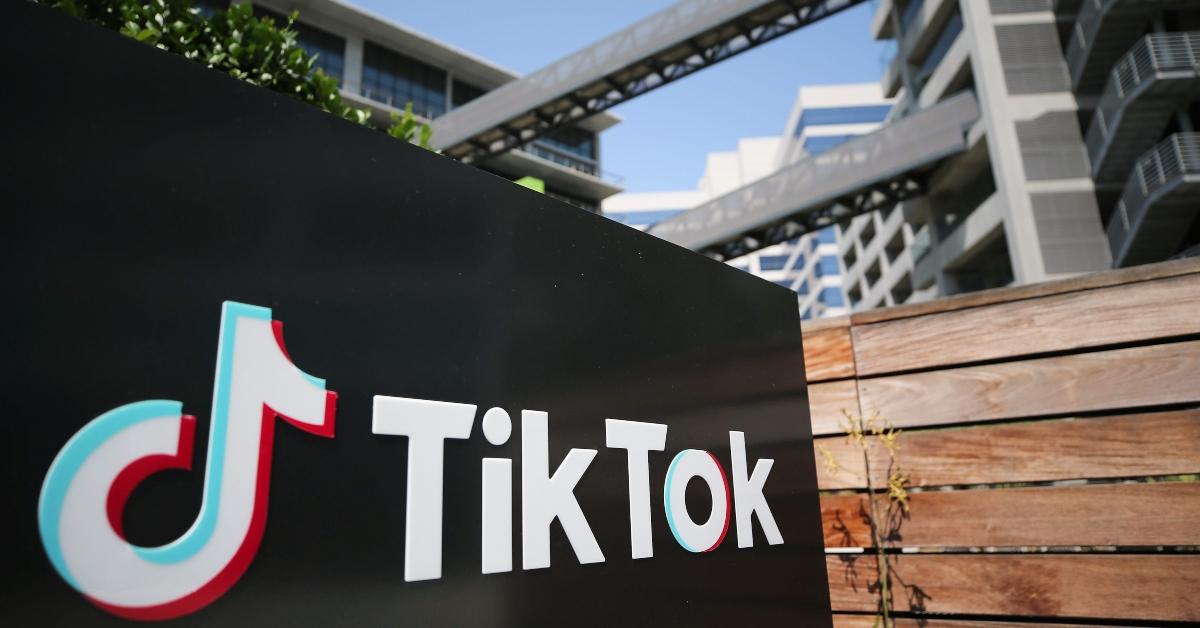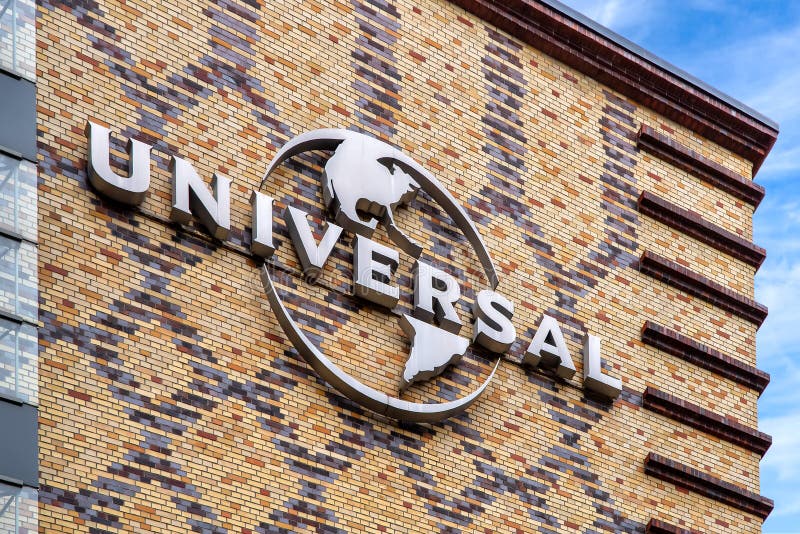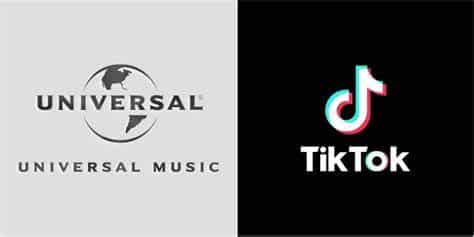Table of Contents
TikTok Initiates Removal of Universal Music Group’s Catalog
Something major began on February 1st, as TikTok initiated removing songs from several major recording artists like Taylor Swift and Bob Dylan from its platform. The direct reason for this change traces back to the expiration of a critical licensing agreement between TikTok and Universal Music Group (UMG) lapsing on January 31st. This occurred because they were unable to renew their licensing deal, obligating the removal of UMG’s enormous music catalog from TikTok’s expansive library. While, the removal of such well-known artists, surely impacted many users; negotiations will hopefully allow their music to return to the platform in the future.

Disagreement Over Licensing Terms
The disagreement between TikTok and Universal Music Group revolved around proposed changes to the financial arrangements for licensing music. UMG argued that TikTok had compelled them into accepting terms that were less profitable than their previous agreement. Furthermore, UMG voiced issues regarding artificial intelligence and piracy, asserting that TikTok had failed to sufficiently address these matters. In response, TikTok denied UMG’s allegations, describing their portrayal as “inaccurate”, and expressing dissatisfaction that UMG appeared to prioritize monetary factors over caring for the interests and success of the artists they represent.
Implications of TikTok’s Music Library and Content
This means that after their deal expires, all TikTok tracks associated with Universal Music Group signed artists will be deleted from General Music Library. Therefore, any existing videos on TikTok containing music licensed by UMG will be muted. This only concerns recorded music licensed to UMG initially. Should the deadlock between TikTok and UMG persist without a resolution, however, it may also necessitate the removal of content from the Universal Music Publishing Group catalogues thus expanding its sphere of influence even further to encompass more music as well as artists.
The Extensive Roster of Affected Universal Music Group Artists
The affected artists are represented by Universal Music Group. They are from different genres and generations. Some remarkable names are signed to the label. They include famous performers like Taylor Swift, Bad Bunny, Sting, The Weekend, Alicia Keys, SZA, Steve Lacy, Drake, Billie Eilish, Kendrick Lamar, Rosalía, Harry Styles, Ariana Grande, Justin Bieber, Adele, U2, Elton John, J Balvin, Brandi Carlile, Coldplay, Pearl Jam, Bob Dylan, and Post Malone. The platform has a diverse music library. But, it’s hurt by removing UMG catalogues from TikTok. This also limits creativity in art made on this social network.

Universal Music Group and TikTok’s licensing agreement feud is Escalating.
How Universal Music Group feels about TikTok agreement
While the expiration of Universal Music Group’s licensing agreement with TikTok is an important development that has garnered attention in the music and tech industries, the issues raised by UMG’s representative highlight meaningful challenges. On Thursday, a Universal Music spokesperson shed light on why their deals with TikTok had concluded, noting concerns such as artists potentially receiving inadequate compensation from the platform and vulnerabilities posed by artificial intelligence systems. The speaker also questioned whether TikTok does enough to foster a safe and secure online environment for its immense user base. These are valid points deserving of discussion, as both creators and companies seek fair terms that also protect users. While licensing negotiations can be complex, open dialogue between all interested parties may help address such complex issues moving forward.
Universal Music Stance on Artists Payment and Online Safety
The core disagreement between UMG and TikTok centers around how the video sharing platform compensates artists for the usage of their music. UMG claims that TikTok undervalues music and undermines creativity among performers and songwriters. They assert that in comparison to compensation offered by other large social media companies, TikTok’s proposals fall noticeably short. Other issues involve ensuring artists are protected when their work is shared online.
Universal Music’s Warning for the Future and Open Letter
With the agreement between UMG and TikTok expiring on January 30th approaching, Universal Music issued a notice the day before expressing that their partnership with TikTok was nearing its conclusion. In an open letter titled “Why We Must Call Time Out on TikTok”, UMG provided further context surrounding their concerns. Specifically, the letter outlined three primary matters that UMG wished to solve as negotiations began regarding the renewal of their contract with TikTok. While the end date loomed, opportunities remained for productive discussion addressing the listed priorities and determining a path forward for both parties.
To begin with, artists and songwriters deserve to be adequately reimbursed for their creative efforts. Additionally, steps must be taken to ensure that artificial intelligence does not negatively impact human creators or their livelihoods. Finally, enhanced safety precautions are warranted on Tik Tok to better protect users, particularly minors.
Also, the Universal Music letter shows a big gap. It’s between the rates that TikTok proposes to pay and those of other top social media platforms. However, UMG says this platform only generates about 1% of Universal Music’s total revenues. This is despite its huge user base and increasing ad revenue. The platform also relies on music-driven content. This means Universal Music thinks TikTok’s offer is too low. They see it as unfair to the creators involved.
UMG’s Hardline against TikTok’s Negotiation Tactics
UMG publicly stated that TikTok was using its large platform and artist popularity to pressure UMG. TikTok was pushing UMG to accept a contract that would underpay creators and devalue songs. UMG’s letter was full of forceful wording. It criticized any agreement that would lessen the value of music or harm artists and songwriters’ financial interests. The company doubled down on its pledge to stand up for the rights and proper payment of its artists and songwriters. TikTok has given musicians new chances for exposure. But, UMG worried any deal could set a precedent. It could make social platforms too influential in negotiations. This would hurt creators.
TikTok’s Counterargument
While TikTok has asserted that it has obtained “artist-first” arrangements with all other record labels and distributors, responding to UMG’s allegations, Universal Music’s activities have been decried by TikTok as too narrowly focused. TikTok criticized the label, contending that their actions do not prioritize the artists, songwriters, and enthusiasts. According to TikTok’s declaration, there appears to be a divergence between UMG’s public stance and what would best meet the requirements of the more extensive music and inventive local area. TikTok argued that UMG’s self-interested strategy fails to consider how their decisions impact creatives and fans. While rights holders aim to legally protect content, new mediums like TikTok also aim to fairly compensate all contributing parties. Further discussion may be needed to find a balanced approach agreeable to all.



